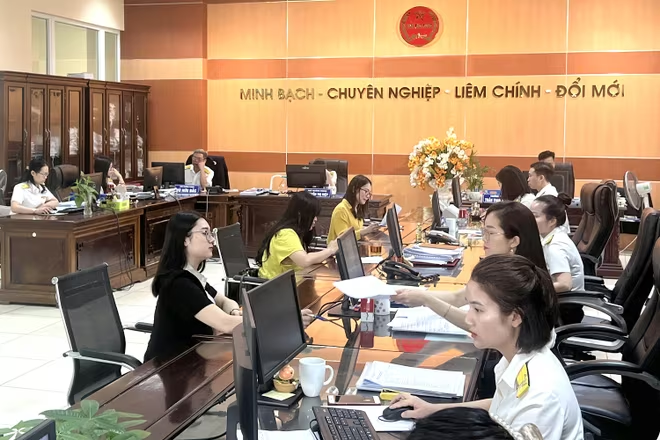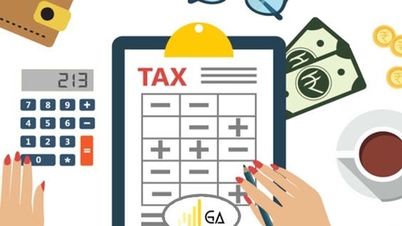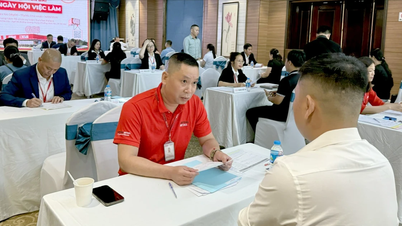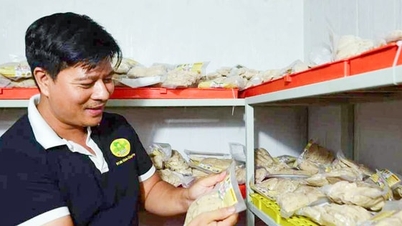Things to do in communication and behavior with taxpayers
The rules stipulate that in communicating and behaving with taxpayers, tax officials must have a respectful, polite, civilized, friendly attitude, explain enthusiastically and thoroughly, proactively guide and support taxpayers, and correctly, fully and promptly implement tax laws.
Create all favorable conditions for taxpayers to voluntarily comply with tax laws with the motto of taking taxpayers as the center of service, as important customers of tax authorities.

Practice “4 pleases, 4 alwayss”: hello, sorry, thank you, permission; always smile, always be gentle, always listen, always help in communication and behavior with taxpayers.
When transacting directly, or by administrative documents or through means of communication (telephone, mail, online...), it is necessary to ensure that the information exchanged is correct, sufficient, specific, and accurate in the content that the taxpayer needs guidance and answers.
When communicating by phone and other online communication methods, civil servants must state their name, title, position, agency, or work unit; communicate briefly and specifically with a volume that is just loud enough to be heard, and have a gentle and polite attitude toward taxpayers.
Strictly comply with the confidentiality regime and speaking regulations of the agency.
Strictly comply with the provisions of the law and the tax industry.
Strictly and fully comply with the provisions of the law on cadres and civil servants, the rules and regulations of the industry and relevant laws.
Things not to do in communication and behavior with taxpayers
Rules stipulate that in communication and conduct with taxpayers, tax officials are not allowed to perform the following acts:
Do not have inappropriate attitudes, behaviors, or communication, or wear inappropriate uniforms when performing duties or official duties with taxpayers that are not in accordance with the law and the tax industry.
It is not allowed to commit illegal acts; abuse power, harass, extort, cause difficulties, troubles, or delays in the performance of duties and public services to taxpayers for personal gain; cause damage to the state budget; or violate the rights, legitimate interests, honor, and dignity of taxpayers.
Do not refuse legitimate and legal requests of taxpayers in accordance with assigned duties and responsibilities.
Do not collude, collude, or assist taxpayers in violating tax management regulations for personal gain, causing damage to the state budget; disclose information about records, documents, data, and information related to the secrets of organizations and individuals, or use such information for personal gain.
Do not shirk responsibility, avoid responsibility, lack cooperation, be unfair, not be objective, or be illegal in performing duties and public services to taxpayers.
Do not refuse to perform, prolong the time to resolve administrative procedures or arbitrarily request additional records, documents, or pay fees outside of the provisions of law; Do not directly transact, request organizations or individuals to supplement or complete records outside the agency, unit, or one-stop department, except in cases where the law provides otherwise.
Do not receive benefits in cash or gifts (in violation of regulations) from taxpayers in any form.
Do not use social networks or technological means to comment or share false information related to taxpayers.
Not to commit other illegal acts in the performance of duties and public service.
Source: https://baolaocai.vn/can-bo-thue-phai-thuc-hien-4-xin-4-luon-khong-sach-nhieu-voi-vinh-nhan-tien-qua-cua-nguoi-nop-thue-post887436.html






![[Photo] Next to the "mountain of trash" after the flood, Tuy Hoa residents strive to rebuild their lives](/_next/image?url=https%3A%2F%2Fvphoto.vietnam.vn%2Fthumb%2F1200x675%2Fvietnam%2Fresource%2FIMAGE%2F2025%2F11%2F24%2F1763951389752_image-1-jpg.webp&w=3840&q=75)











































































































Comment (0)